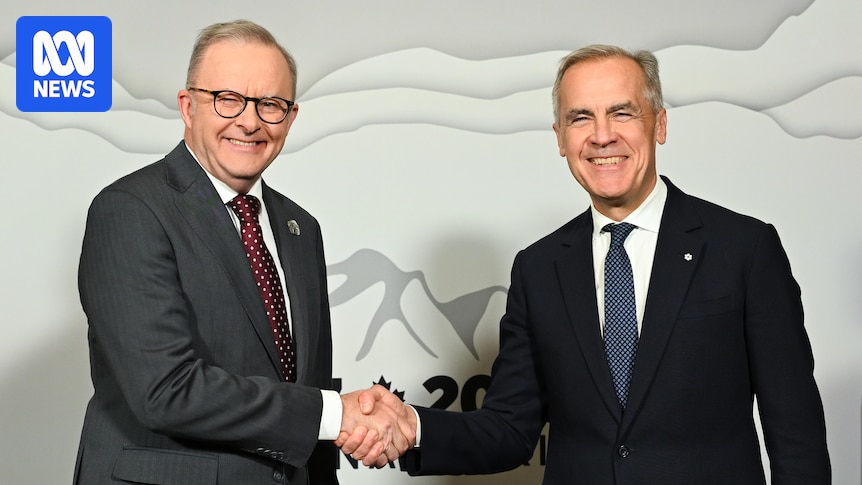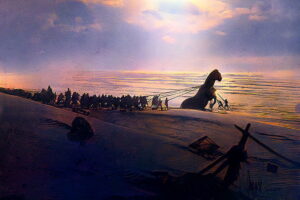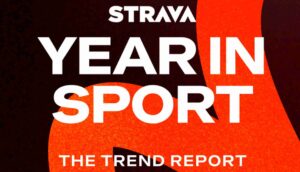
When Australians headed to the polls in May, the Labor party achieved a surprising landslide victory that seemed improbable at the start of the year. The Liberal party not only lost the election, but its opposition leader, Peter Dutton, also lost his seat in parliament. A similar fate befell Canada’s opposition leader just weeks earlier, as Prime Minister Mark Carney secured a win in an election widely viewed as a referendum on the nation’s sentiment towards Donald Trump.
The backdrop to these political shifts was the reinstatement of Donald Trump as the President of the United States. His return to power was perceived to have influenced the outcomes of elections in both Canada and Australia, leading commentators to describe this phenomenon as “the Trump effect.”
The Trump Effect and Its Impact
Leo Crabe, a lecturer and independent researcher specializing in international policy and global affairs, suggests that voters in both countries were deterred by Trump’s nationalism and unpredictability. “Voters in both countries saw Trump’s nationalism and unpredictability … and instead chose to support different leaders who promised a different approach,” he told ABC Radio National’s Future Tense.
As center-left governments, Australia and Canada share many similarities, including large, geographically dispersed populations and a shared British colonial history. In a time of global uncertainty, these commonalities may prompt the two nations to consider forging a closer bond for future prosperity.
A Wake-Up Call for Australia and Canada
Trump’s return to power has been a turbulent period, and Crabe believes it has served as a “wake-up call” for Canada and Australia regarding their relationships with the US. “Canada and Australia are now at a crossroads,” he says. “In Canada’s case, Trump’s tariffs presented an existential economic risk for key sectors of the economy.”
“Australia, likewise, experienced economic pressure and threats of tariffs from Trump and, for both countries, these threats aren’t merely financial,” Crabe explains. “They highlight the danger of an over-reliance on a partner that has unfortunately become unpredictable.”
This situation might prompt both countries to re-evaluate their relationship with the superpower. “Neither Canada nor Australia can disregard that partnership [with the US] entirely. But there’s a key difference: strong ties don’t have to mean subordinate ties,” Crabe says. “Canada and Australia can strengthen their own positions by actively building new partnerships.”
Exploring the Concept of “Ozanada”
Based on their similarities, Canada and Australia are natural political partners, but they are competitors in trade, particularly in the export of raw materials. This competition could pose challenges if they continue to rely heavily on US trade. The Economist Magazine coined the term “Ozanada” in 2023 to highlight the potential issues both nations face due to their development paths.
Roy Green, a special innovation advisor at the University of Sydney, warns of the risks associated with an over-reliance on raw exports and an underdeveloped innovation sector. “It’s partly because we have smaller populations that can’t sustain as much competition, but it does stifle the prospect of greater innovation because competition is essential to that,” Professor Green says.
“We have made ourselves the victims of the resource curse, which is not a naturally occurring phenomenon. It’s a political choice,” Green adds.
Potential for a New Alliance
Canada and Australia are already partners in several military initiatives, including intelligence sharing. Both nations are members of the Five Eyes intelligence alliance, which includes New Zealand, the United Kingdom, and the United States. This long-standing agreement focuses on cooperation in intelligence gathering and analysis.
The concept of CANZUK—a proposed political and economic alliance between Canada, Australia, New Zealand, and the UK—has been around since the late 1960s. Unlike the Five Eyes, CANZUK would not include the US. Economist Andrew Lilico suggests that the idea is to identify each other as best mates in the world and to draw closer over time.
The recent sale of Australia’s Jindalee Operational Radar Network (JORN) to Canada, a significant defense export, surprised international security experts. Wesley Nicol, a foreign policy expert from Carleton University in Canada, notes that the purchase was unexpected. “The reason why this matters so much is not only because it’s Australia’s largest defense export ever, but because one of the pressures that Canada has been facing from the United States is to not only spend more on defense but specifically to increase capabilities in the Arctic,” Nicol explains.
“Canada’s purchase of the JORN defense radar indicates that they are feeling pressure from the US,” Nicol says.
Dr. Lilico agrees that the swift purchase of JORN by Canada’s new Prime Minister Mark Carney may relieve some of the pressure the country is receiving from the US. This move exemplifies the two nations working together for future benefit, excluding the US. CANZUK supporters, like Dr. Lilico, believe this could be an ideal moment for the alliance to be realized.
As Trump’s behavior and policies lead many to question the US’s reliability as a partner, both countries must now decide whether to maintain their alignment with Trump’s US or assert a more independent global role with other like-minded countries.







